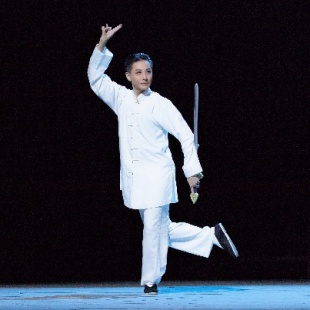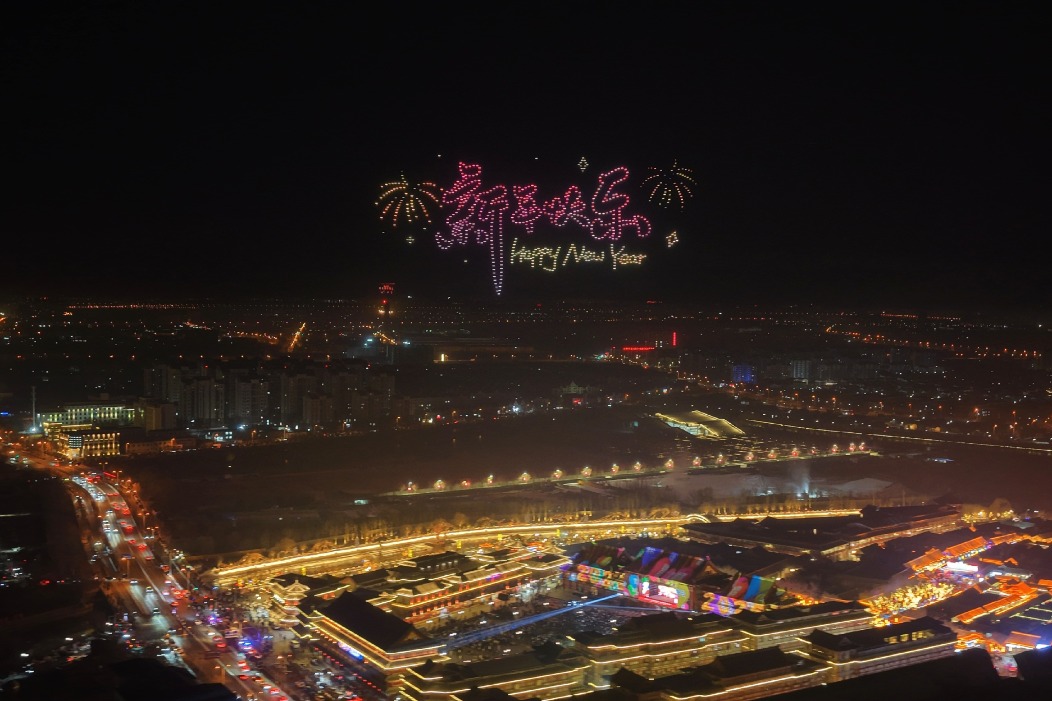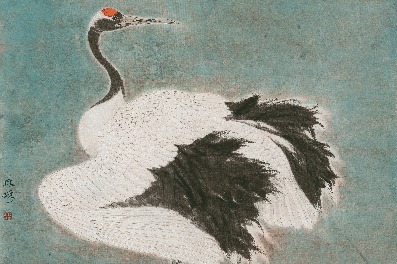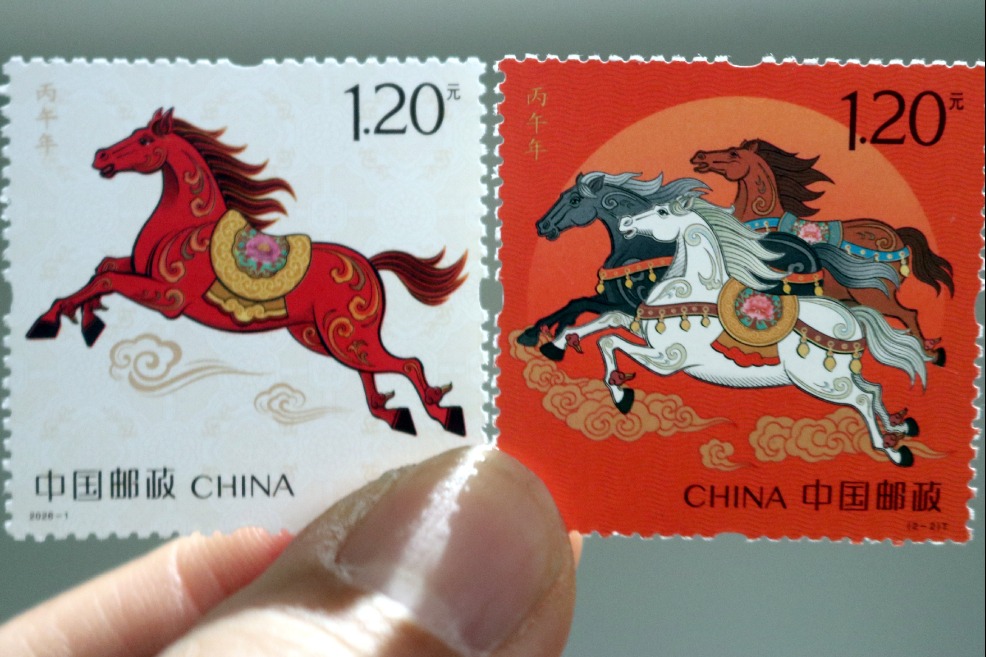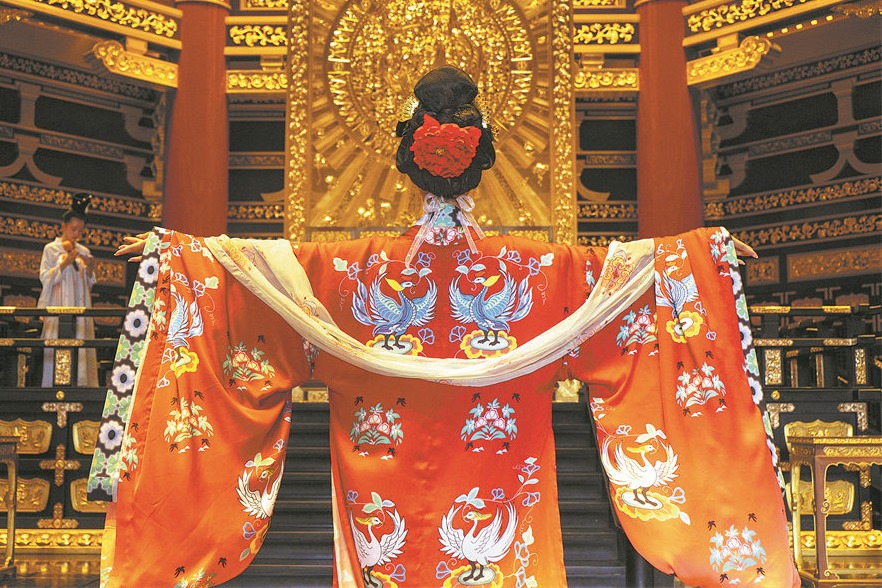New biopic of opera legend Mei Lanfang to debut

In order to present a "play within the play", Shi had to present a celebrated sword dance in one of Mei's repertoires, Farewell My Concubine. To prepare for this, Shi sought the help of a Peking Opera artist who hails from the same opera school as Mei.
Dating back 600 years, Kunqu is one of the earliest folk operas in China. In contrast, Peking Opera, often known as the "national opera of China", is about 200 years old. While different kinds of traditional Chinese opera share common practices, such as female characters portrayed by male actors, each type features distinctive performance techniques and styles.
Kunqu Opera is considered one of the most refined of traditional folk opera forms in China. It is best appreciated in a small and intimate theater space. "In Kunqu, the expressions of the eyes and the subtle movements of the limbs are as important as the singing itself," Shi says.
Modern theaters, which are often large enough to host more than 1,000 people, have been a challenge for Kunqu performers as those seated on the upper levels can hardly experience the performance properly, he adds.
While modern stage technology has helped improve the experience, the beauty of Kunqu can only be truly appreciated in an intimate setting.
Shi says that audiences are still not ready to see Kunqu Opera performers dressed in modern costumes, be it Western suits or even modern cheongsams. Donning such costumes, he explains, is akin to betraying the aesthetics and expression of Kunqu, a folk opera that is sometimes considered the "ancestor" of Peking Opera.
However, the 36-year-old believes that Kunqu will need to tell modern stories to contemporary audiences if it is to survive today.
"The classical repertoire was built throughout the past centuries. We are trying to add our contemporary contributions to the portfolio," says Shi.
Since debuting the Kunqu version of Mei Lanfang in 2019, the Kunqu Opera Theater of Jiangsu Province has kicked off several new projects that tell modern stories, such as a Kunqu production adapted from stories that emerged during the COVID-19 breakout in Wuhan, Hubei province, and a play inspired by the life story of the early Communist leader and literary translator, Qu Qiubai.
The decision to present Mei's story in Kunqu, however, was the idea of playwright Luo Zhou, who has been collaborating with the Kunqu Opera Theater of Jiangsu Province for years. Luo was apparently so impressed by one of Shi's informal performances that she decided to let him adapt her script of Mei Lanfang, which was originally prepared for Peking Opera theater.
Over the past few years, Shi has played leading roles in several new Kunqu Opera productions written by Luo, such as the widely acclaimed production by Shanghai Grand Theater Six Records of a Floating Life.


